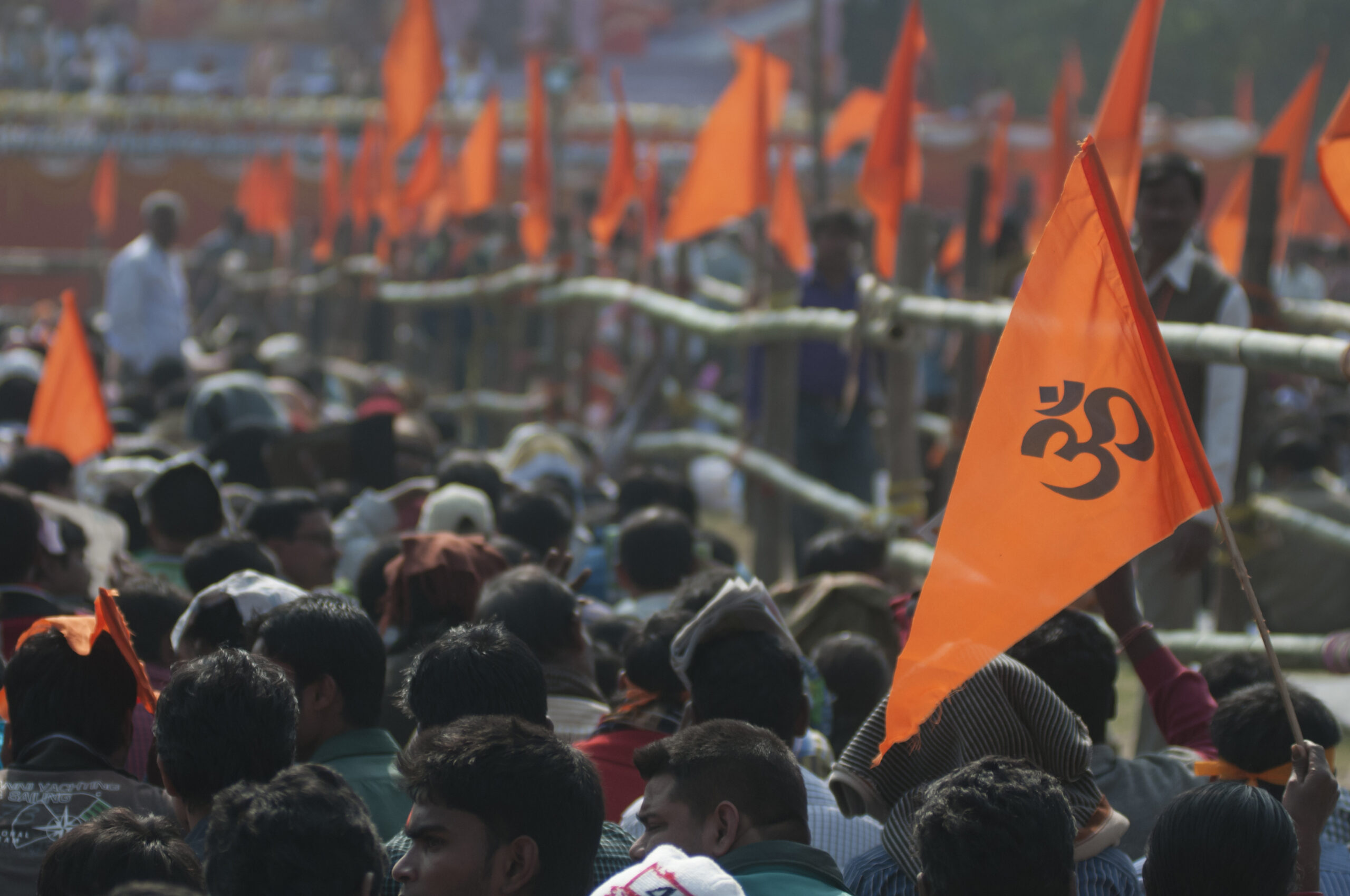
As India’s general election season reaches its peak, the nation finds itself engulfed in a disturbing political discourse characterized by the amplification of religious and social fault lines. The ruling BJP’s electoral strategy, deliberately aimed at scapegoating the Muslim community, has unleashed a wave of divisiveness throughout the country, prompting widespread apprehension. This surge in inflammatory tactics, exemplified by the dissemination of videos demonizing Muslims and Prime Minister Narendra Modi’s stigmatization of them as “infiltrators,” has inflamed tensions to unprecedented levels, sounding alarm bells over the decay of religious harmony. Such calculated marginalization not only undermines the purported secular fabric of India’s democracy but also undermines the fundamental values of inclusivity and diversity that the nation supposedly upholds. Recent reports further underscore a disturbing uptick in hate speech and communal violence, vividly illustrating the dire consequences of such divisive rhetoric on societal stability.
The utilization of inflammatory imagery, such as the depiction of a Muslim-hatched bird targeting eggs labeled with disadvantaged Indian communities, signifies a perilous escalation in the ruling party’s campaign tactics, particularly amid heightened rhetoric against Muslims. This grotesque portrayal not only reinforces the divisive narrative perpetuated by the ruling regime but also deepens existing societal fractures. Reports indicate a surge in communal tensions and instances of hate speech following the dissemination of such incendiary material, highlighting the tangible repercussions of political rhetoric on social stability. By fostering animosity and discord among communities, such tactics further erode the fragile fabric of unity in India’s diverse population, unfairly scapegoating Muslims and exacerbating societal divisions.
The alarming escalation in divisive strategies, designed to vilify Muslims as a supposed threat to Hindu identity and national security, underscores a stark departure from the cherished ideals of inclusivity and tolerance. This calculated shift, particularly evident in exploiting religious fault lines following lower voter turnout, reflects a cynical maneuver aimed at consolidating political power at the expense of marginalized communities, notably Muslims. These tactics not only demonstrate a myopic governance approach but also gravely undermine the foundational pillars of equality and justice enshrined in India’s democratic structure.
India, boasting the world’s third-largest Muslim population, has historically touted its secular fabric and diverse cultural tapestry. However, the recent trajectory of political discourse threatens to tear apart the social cohesion that binds the nation. The intensified rhetoric by the BJP against Muslims starkly contradicts the nation’s professed values of inclusivity and pluralism. Despite mounting economic woes such as skyrocketing unemployment and inflation, the ruling party has chosen to prioritize divisive religious agendas over addressing pressing socio-economic issues. This cynical prioritization exposes the government’s disregard for the genuine concerns of its citizens, further deepening the rifts within Indian society and jeopardizing the country’s democratic ethos.
The opposition, under the leadership of Rahul Gandhi’s Congress party, has positioned itself as a beacon of inclusivity and social justice in contrast to the ruling BJP’s divisive agenda. Congress has advocated for better representation and welfare programs aimed at uplifting India’s marginalized and disadvantaged communities, offering a compelling vision of a society that values equity and inclusiveness. This stands in stark contrast to the ruling party’s relentless pursuit of power through divisive tactics, which seek to foment discord and pit communities against each other for political gain. As tensions escalate due to inflammatory religious rhetoric, voices like that of Congress candidate Sunny Hazari resonate deeply. Hazari rightly underscores that the forthcoming election represents a pivotal moment in India’s democratic trajectory. Voters are confronted with a critical choice: to reject the politics of division and embrace unity and inclusivity, or to perpetuate a system that undermines the foundational principles of India’s democratic fabric.
As India finds itself at a critical juncture in its democratic journey, the pervasive presence of divisive election rhetoric casts a dark shadow over the nation’s core values. The resurgence of inflammatory messaging, particularly aimed at demonizing the Muslim community, not only tears at the seams of India’s secular fabric but also threatens to dismantle the intricate tapestry of unity that binds its diverse populace together. In the face of these formidable challenges, it is incumbent upon voters to vehemently reaffirm their commitment to inclusivity, tolerance, and social justice. By vehemently rejecting the politics of division and embracing a vision rooted in unity and diversity, India can chart a path towards a more promising future, where the principles of equality and dignity are universally upheld for all citizens, regardless of their religious or caste affiliations. It is imperative for Indian citizens to resoundingly denounce the politics of hatred and division perpetuated by the ruling party, opting instead for a collective endeavor towards a society where every individual is granted the fundamental rights of dignity and respect, irrespective of their religious beliefs or socioeconomic backgrounds.
